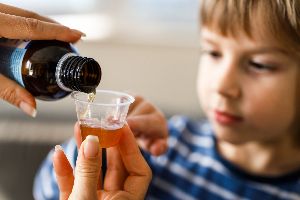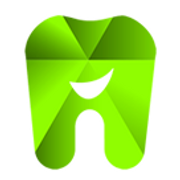
Cold and flu season is in full swing, and many people are turning to over-the-counter medications to find relief from their symptoms. While these medications can be effective in alleviating discomfort, they can also affect your oral health. Here are a few common medications that can result in cavities if you don't take steps to mitigate the damage.
4 Cold/Flu Medications and Their Impact on Teeth
1. Decongestants
Decongestants work by narrowing blood vessels to reduce nasal congestion. However, they can also cause dry mouth as a side effect. A lack of saliva can lead to an increase in cavities and gum disease since saliva neutralizes acids and removes food particles.
To counteract this, ensure you stay hydrated by drinking water regularly. You can also try using sugar-free gum or lozenges to stimulate saliva production.
2. Cough Drops and Lozenges

Cough drops and lozenges can provide temporary relief from sore throats and coughing, but they often contain sugar, which can contribute to tooth decay. The longer these sugary substances are in contact with your teeth, the more damage they can cause.
Protect your teeth by choosing sugar-free cough drops and lozenges whenever possible. Additionally, remember to brush, floss, and rinse with mouthwash after using them.
3. Cough Syrup and Liquid Medicine
Cough syrups and liquid medications are known for their sticky consistency and high sugar content, which can cling to teeth and lead to cavities. Additionally, some medications may contain alcohol, which causes dry mouth.
Counteract these effects by taking the medication with a meal or shortly after eating so that the syrup doesn't cling to your teeth as easily. You can also rinse your mouth with water or use a fluoride mouthwash after taking the medication.
4. Antihistamines
Antihistamines, often used to treat allergy symptoms, can also cause dry mouth. A dry mouth can lead to cavities and gum disease.
As with decongestants, it is important to stay hydrated and maintain good oral hygiene practices when using antihistamines. Try using a humidifier at night to keep your mouth moist, and speak with your dentist about products specifically designed to alleviate dry mouth symptoms.
If you are concerned about cavities due to the frequent use of cold and flu medicines, contact Total Health Dentistry for help. Managed by Dr. Rachel E. Gold, this office serves patients of all ages. They offer general dentistry services including cavity fillings, x-rays, exams, and routine cleanings. Schedule an appointment by calling (859) 441-1230 or visit them online to learn more.
About the Business
Have a question? Ask the experts!
Send your question

